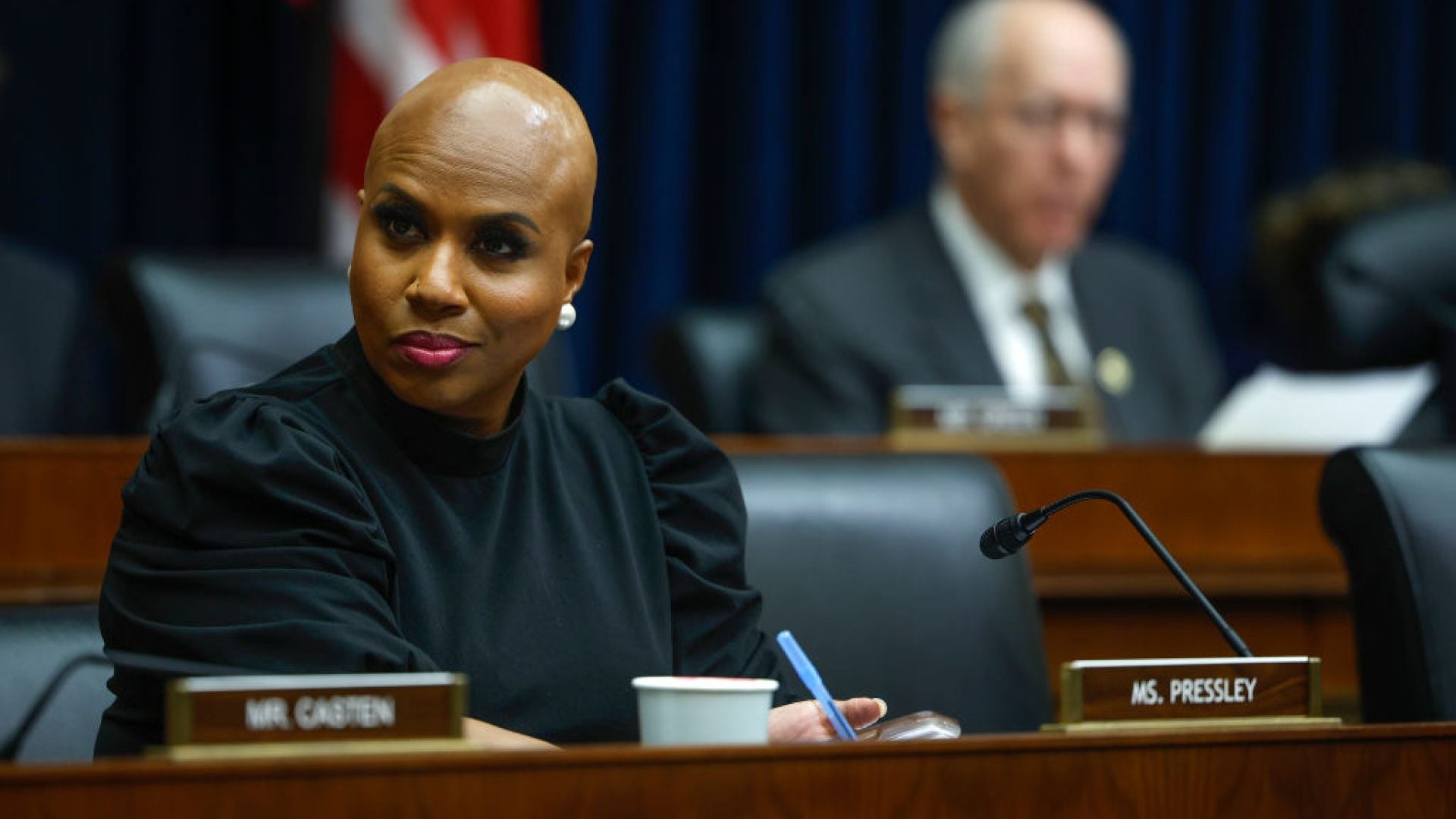
The U.S. Food and Drug Administration (FDA) is planning to issue a new “proposed rule that would specifically ban hair-straightening products that contain formaldehyde and other formaldehyde-releasing chemicals like methylene or glycol,” CNN reports. And it’s all because of two Black Congresswomen, Representatives Ayanna Pressley Pressley (D-MA) and Shontel Brown (D-OH).
“The F.D.A.’s proposal to ban these harmful chemicals in hair straighteners and relaxers is a win for public health – especially the health of Black women who are disproportionately put at risk by these products as a result of systemic racism and anti-Black hair sentiment,” said Rep. Pressley.
Rep. Brown’s statement was just as effusive, “On behalf of women, especially Black women across the country, I applaud the F.D.A.’s new proposed rule banning formaldehyde and other harmful chemicals from hair straighteners.”
This all came about after Reps. Pressley and Brown wrote a letter to the FDA earlier this year, asking the agency to investigate chemical straighteners. “We write to request the United States Food and Drug Administration (FDA) conduct a thorough and transparent investigation to determine whether publicly available chemical hair straightening products contain carcinogens that lead to a higher risk of uterine cancer.”
What happens next? When the FDA issues a proposed rule, the agency then receives public comments. Next, it reviews the comments and then determines if additional action is warranted.
Per the FDA’s website, “Based on the comments, we might decide to end the rulemaking process, to issue a new proposed rule, or to issue a final rule,” which would be published in the Federal Register. The final rule would explain “the regulatory requirements (also known as the “codified” portion),” its projected impact, as well as responding to the aforementioned comments.
For many years now, scientists have been looking into the hair-straightening products that Black women often use.
Tamarra James-Todd is an Assistant Professor of Environmental Reproductive and Perinatal Epidemiology at the Harvard T.H. Chan School of Public Health. According to James-Todd, “About 50 percent of products advertised to Black women contain these types of chemicals, compared to maybe only 7 percent that are advertised to white women.”
Last year, a study from the National Institutes of Health (NIH) found that “[w]omen who used chemical hair straightening products were at higher risk for uterine cancer compared to women who did not report using these products.”
One of the study’s author Che-Jung Chang, P.h.D., commented on why this is especially relevant for Black women. “Because Black women use hair straightening or relaxer products more frequently and tend to initiate use at earlier ages than other races and ethnicities, these findings may be even more relevant for them,” said Chang.